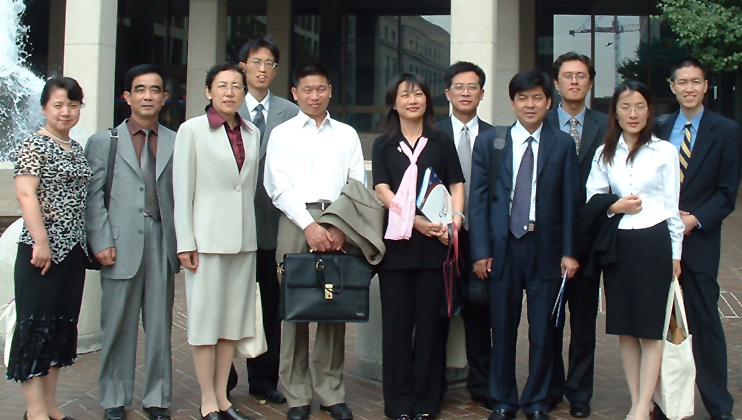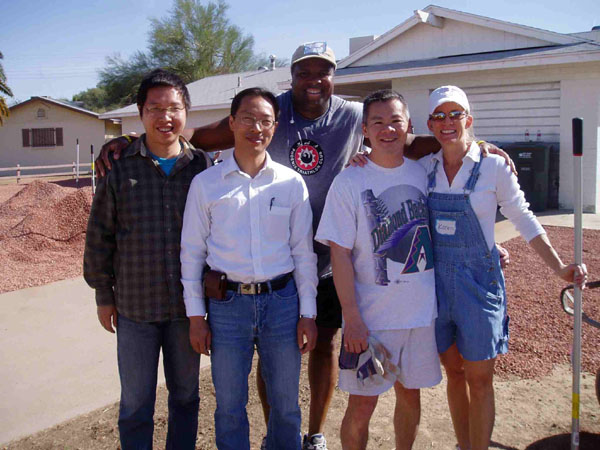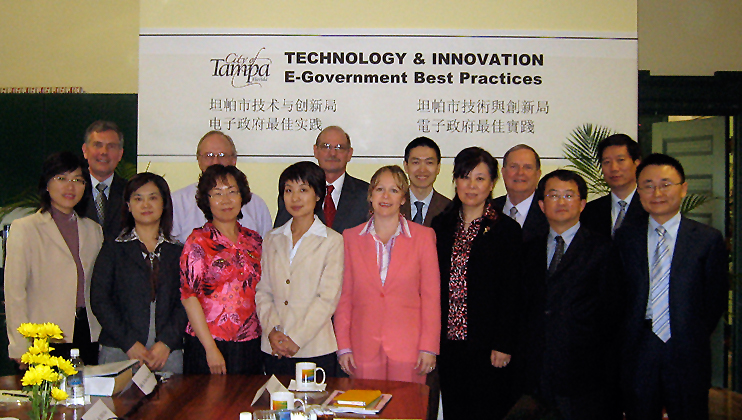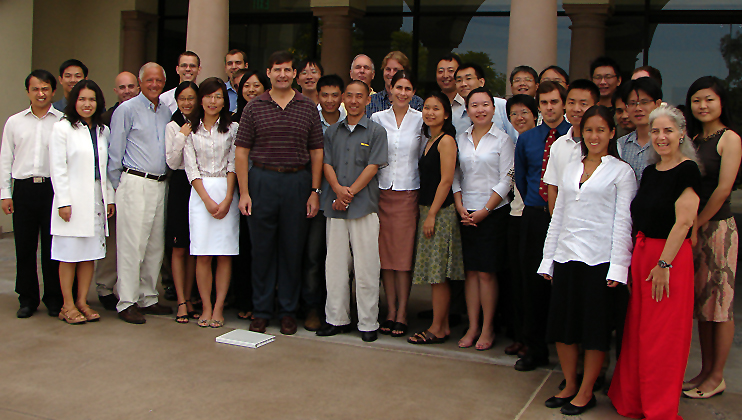In the summer of 1996, the National Committee brought together a group of NGO experts from the United States, Canada, and Thailand to meet with NGO leaders in Greater China.
In 2002, a consortium that included the National Committee, The Asia Foundation, and Worldwide Strategies, Inc. was awarded a multi-year contract by the U.S. Department of Labor to run a set of programs to improve Chinese labor laws. The overall goals were to help strengthen the Chinese government's capacity to develop laws and regulations to implement internationally recognized standards of workers' rights, to promote greater awareness of labor law among Chinese workers and employers, to strengthen industrial relations, and to improve legal aid services to women and migrant workers. The National Committee's mandate was to work on legislative and labor inspection issues.
With limited funds at their disposal, China's NGOs are increasing their human resource pool and engaging their communities by utilizing volunteers to fulfill their missions. It is within this context that the Strengthening Volunteer Management in Chinese NGOs project was developed in 2005, with the goal of providing Chinese NGO professionals practical training in volunteer management.
Despite differences in political traditions and practices, municipal government officials in the United States, mainland China, and Taiwan share interests in delivering services to citizens, promoting economic development, and managing government resources. Many have taken advantage of the Internet’s capacity for fast, inexpensive communication and introduced innovative municipal websites. These e-government initiatives, in turn, have […]
In 2006, ten promising graduate students were selected from the United States to join with ten each from mainland China and Taiwan to participate in a National Committee's conflict resolution program.
The Chinese media is giving greater attention to HIV/AIDS, yet it often ignores the effects of HIV/AIDS-related stigma and discrimination. A National Committee exchange program, conducted in the spring and summer of 2006, was designed to highlight the roles that journalists can play in combating stigma and discrimination, call attention to society’s attitudes toward marginalized groups, encourage community involvement in finding solutions and stimulate policy debates on a national response.
This two-way exchange project introduced and facilitated community planning for HIV/AIDS education, prevention, and treatment through training workshops, observation of working models, and dialogue between American and Chinese government officials, public health professionals, and staff of community-based organizations. The main project focuses were the community planning models used by the U.S. Centers for Disease Control and Prevention in particular, and the role of the community in HIV/AIDS prevention and treatment in general.



